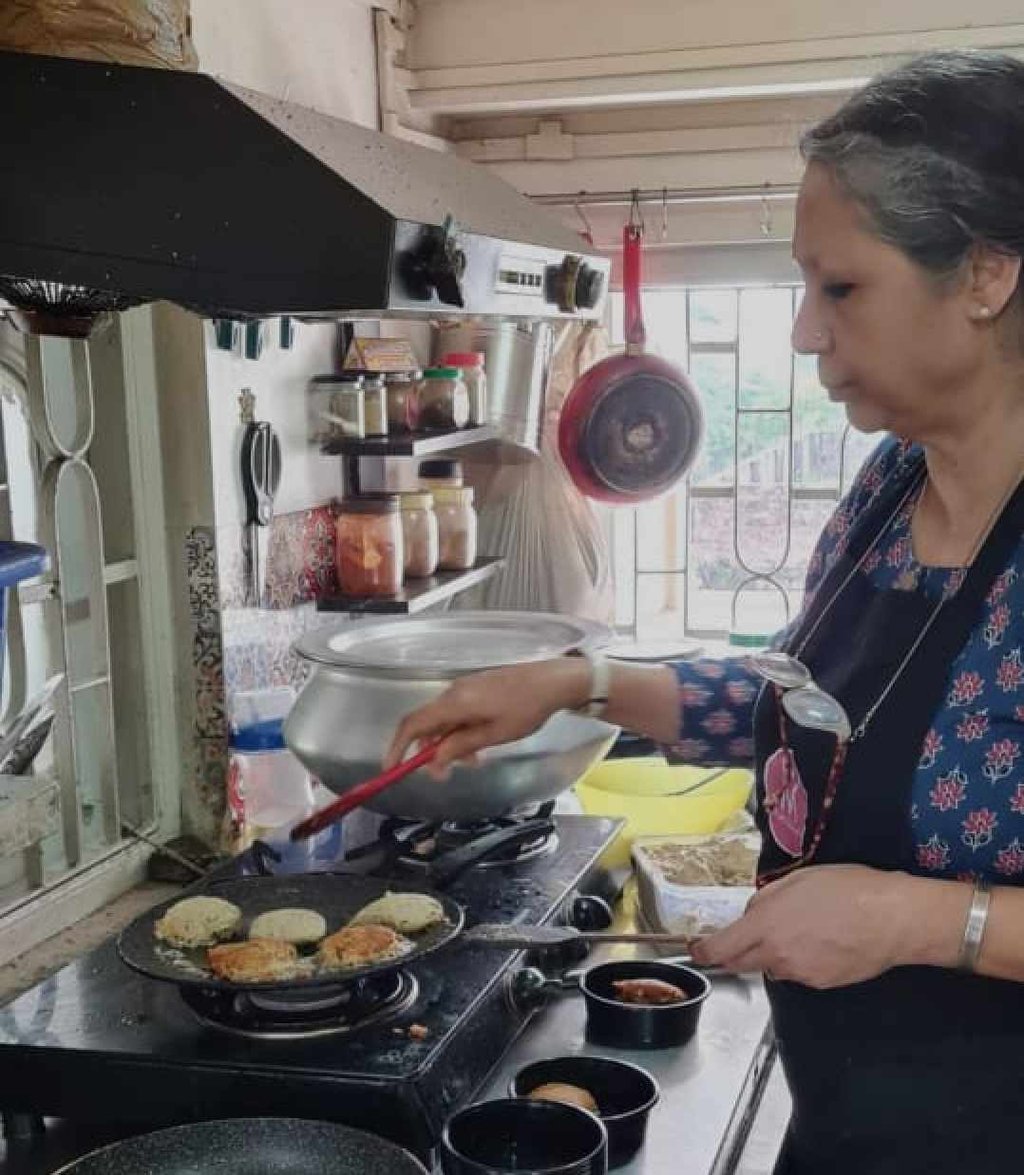The Indian chef trying to be the face of ‘Kolkata’s Muslim Food’, by reviving Awadhi’s heritage cuisine
- Manzilat Fatima is trying to create awareness about popular Muslim food from Uttar Pradesh that is now a part of the culinary heritage of Kolkata
- The chef’s advocacy comes amid increasing Hindu nationalist propaganda that paints Muslims as demonic carnivores whose meat appetite is insatiable

The aroma of heritage Awadhi dishes like galawti kebab and yakhni pulao fills the evening air at an open terrace of a four-storey building in east Kolkata. Within this industrial complex a food quest is taking place. It is being led by Manzilat Fatima, who sees herself as the face of “Kolkata’s Muslim Food”.
The Indian lawyer-turned-chef, who descends from the royal Awadh family, had a hectic day at her tastefully self-named Manzilat’s terrace restaurant and diner service, and quickly finds time for a short break before patrons’ arrive for the dinner rush.
She had always enjoyed cooking but as a hobby, the former practising lawyer at Kolkata’s High Court said. “Once my children flew out of the nest, cooking transformed into a serious engagement, and reviving Muslim culinary heritage of Awadh became a mission.”

“My food journey reviving authentic cuisine of Awadh, creating awareness about popular Muslim food from Uttar Pradesh that is now a part of culinary heritage of Kolkata brought in by the last king, Wajid Ali Shah. I took the onus on myself to share the gastronomy that came with him and its history,” she said.
For Manzilat, the duty of “sharing history” comes from her great-great-grandmother, Begum Hazrat Mahal, whom she described as a symbol of women’s empowerment. “Her role as a Muslim woman of her stature, Begum of Awadh in the first war of independence in 1857, holding the fort in her husband’s (Wajid Ali Shah’s) absence, fighting the mighty colonial power was no small feat,” she said.
“I have inherited this resoluteness as a legacy and am determined to see my mission enabled,” she said as she rushed back to the kitchen to check the spice mixture of a Shahi Biriani.
